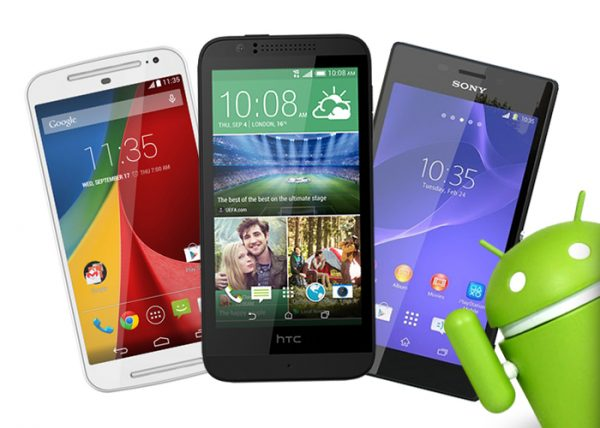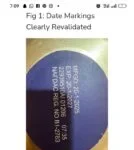Abubakar Maina, the project director for the Broadband Implementation Steering Committee, revealed to the National Digital Economy Council during a presentation on the Nigerian National Broadband Plan 2020–2025’s implementation status, that the foreign exchange issue in Nigeria has deterred original equipment manufacturers from setting up shops there to produce made-in-Nigeria phones.
Maina said, “There are ongoing engagements on this target of cost of devices, and the Federal Ministry of Industry, Trade and Investment in collaboration with NCC and ITF is working on a framework with the OEMs to actually bring down the cost. But the main issue is forex. This is the main challenge the OEMs are complaining about.”
In the NNBP 2020–2025, the Federal Government sets price targets of N9,000 for three locally made smart devices by 2025 and N18,000 for at least one locally assembled smart device by 2023.
However, it appears that the Nigerian currency crisis may prevent the Federal Government from reaching its goal during the ongoing negotiations with OEMs.
The first made-in-Nigeria phone, known as the ITF mobile, was presented to President Muhammad Buhari, according to press reports on June 10, 2021.
The phones were the first ever to leave the country, according to Niyi Adebayo, Minister of Industry, Trade, and Investment, who presented them to the president.
Adebayo explained that the phone was one of the 12 produced using locally-sourced components by the Electrical/ Electronics Technology Department of the Industrial Training Fund’s Model Skills Training Centre.
However, a past president of the Association of Telecommunications Companies of Nigeria and National Coordinator for the Alliance for Affordable Internet, Olusola Teniola, verified that there was no record of any made-in-Nigeria phone, adding that what was available were phones that were assembled in Nigeria.
Early this year, the Industry, Trade and Investment Minister had pointed out that although many manufacturing companies were battling a shortage of foreign exchange, the Federal government was doing everything to assist them in accessing forex, particularly for the importation of machinery for those using local raw materials for their production.
However, more than 50 manufacturing firms in Nigeria had closed in the previous five years as a result of currency and power difficulties.
Surest Foam Limited, Mufex, Framan Industries, MZM Continental, Nipol Industries, Moak Industries, Stone Industries, Solo Industries, Quick Born Industries, Supercor Industries, Arabi Industries, and Rola Industries are a few of the manufacturing firms that have left the market in the last five years.
At the 36th annual general meeting of the association on Thursday, Okwara Udensi, the chairman of the Manufacturers Association of Nigeria’s Edo/Delta branch, listed the industry’s challenges as a lack of foreign currency, poor electricity supply, high lending interest rates, and numerous taxes and levies.













